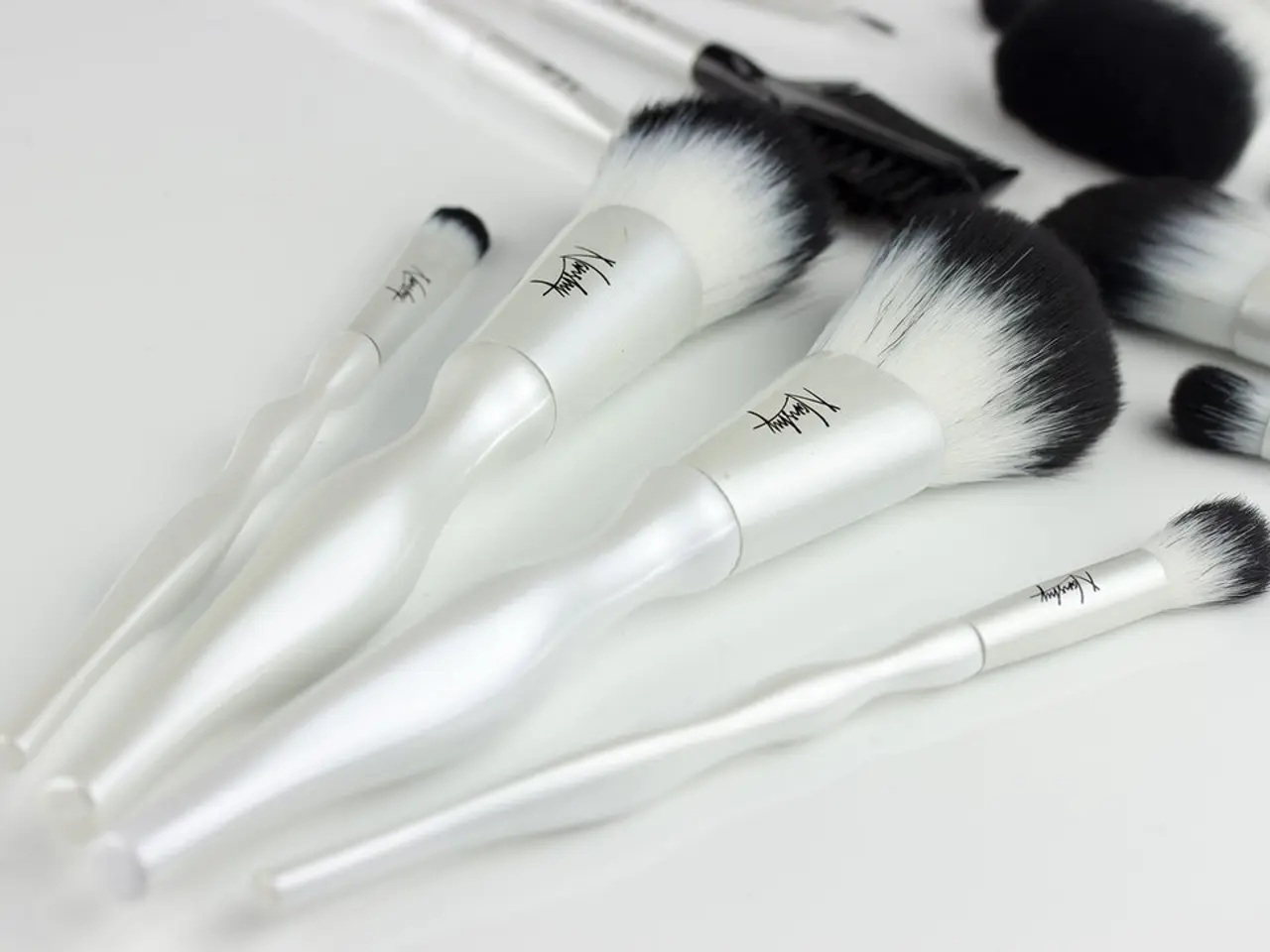Embracing Aesthetics - Honoring the Natural Glow of Your Complexion
In today's world, the pursuit of beauty has taken a new shape, becoming a complex interplay between societal expectations and the digital realm.
True beauty, it seems, lies not in erasing our natural features to match an impossible ideal, but in authenticity, confidence in one's own skin, and embracing our unique features. However, the relentless pursuit of perfection can lead to the loss of what makes each individual unique, often resulting in a uniformity that strips us of our individuality.
This pursuit often leads to a focus on an artificial ideal, with trends influencing identity and promoting procedures like Botox, cosmetic surgery, and skin-lightening creams. The world, it seems, doesn't need more people who look perfect; it needs more people who live honestly and embrace authenticity.
Society's definition of perfection often leads to pressure and the perception that one is not enough as they are. This pressure is particularly acute in a social media-driven world, where constant exposure to idealized, often digitally enhanced images can foster unhealthy comparison. This comparison can lead to increased anxiety, depression, low self-esteem, and even the rise of beauty or body dysmorphia, especially among teenagers and young adults.
The use of fairness creams, for example, promotes the dangerous message that fair skin equals beauty, fueling colorism and undermining the beauty and dignity of millions. The Japanese philosophy of wabi-sabi, on the other hand, emphasizes the beauty in imperfection, celebrating unique features such as scars, gaps in teeth, and the curve of a nose.
Skincare is an important aspect of overall health, but there's a rising obsession with perfect, poreless, glass-like skin. Many skincare products promise miracles, but their drastic transformations are often exaggerated, edited, or unattainable. Natural remedies, like fruit peels, aloe vera, or honey, can often be gentler and more effective.
Makeup, while an art form, has become a mask for many, used out of fear of being seen without it, rather than for self-expression. The ultimate rebellion in a world that profits from self-doubt is loving oneself as they are.
On a societal level, social media enforces and amplifies narrow, unrealistic beauty ideals that prioritize aesthetics over diversity and authenticity. Influencers and celebrities often perpetuate unattainable standards through heavily edited or staged photos showcasing flawless skin, slim bodies, and luxury lifestyles. This cultivation of perfection creates a culture of constant self-criticism and validation-seeking through likes and comments, embedding social approval into personal self-worth.
The societal impact includes a normalization of cosmetic enhancements (e.g., botox, implants), increased pressure on individuals to conform to specific looks, and broader mental health challenges such as eating disorders, social isolation, and distorted body image perceptions.
In essence, the fusion of societal beauty standards with social media’s instantaneous, performative culture results in a toxic loop of comparison, self-objectification, and psychological distress that affects both individuals and collective social norms. It's time to break free from this cycle and embrace our unique, authentic selves.
[1] Cash, T. F., & Hess, A. L. (2019). The impact of social media on body image and self-esteem among young women. Journal of Adolescent Health, 64(6), 713-718.
[2] Eardley, D., & Tiggeman, M. (2018). Social media and body image: A systematic review of the literature. Journal of Health Psychology, 23(11), 1369-1380.
[3] Grabe, L., Ward, L. M., & Hyde, J. S. (2018). The influence of media on body image: A meta-analytic review of experimental studies. Psychological Bulletin, 144(2), 189-222.
[4] Leigh, H. M., & Dittmar, H. (2011). The role of media in body image concerns and disordered eating: A meta-analytic review. Clinical Psychology Review, 31(6), 1004-1012.
- Embracing personal growth and self-development is essential to combat the pressure of societal expectations and the digital realm's influence on fashion-and-beauty, promoting authenticity, self-love, and the acceptance of one's unique features.
- In the realm of education-and-self-development, it is crucial to address the impact of lifestyle choices, including digital media consumption, on mental health and body image perceptions, fostering a curriculum that encourages self-acceptance and celebrates diversity.




